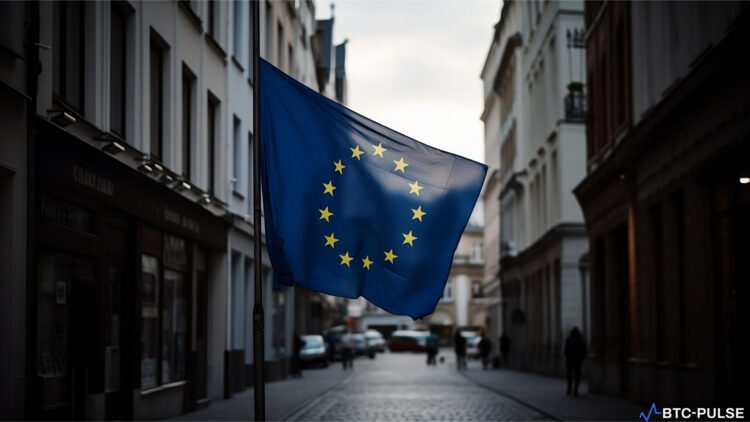EU Commission Eyes Microsoft’s OpenAI Investment for Regulatory Review
The European Commission is taking a closer look at Microsoft’s substantial investment in AI powerhouse OpenAI. This move could signal an increasing regulatory interest in the tech industry, particularly in the rapidly evolving field of artificial intelligence (AI).
Microsoft’s Stake in OpenAI Under Scrutiny
Microsoft has acquired a significant 49% stake in OpenAI, the company behind the innovative ChatGPT. This move, involving an investment reportedly exceeding $13 billion, may now be subject to an in-depth investigation under the EU’s stringent merger laws.
Call for Contributions on AI Competition
On January 9, the EU published a document seeking insights into the state of competition within virtual worlds and AI sectors. This is part of a broader effort to understand the implications of major investments and partnerships in the digital economy.
Uncertainty Over Microsoft’s Role in OpenAI
Despite the lack of a full merger, the European Commission is concerned about Microsoft’s deep involvement in OpenAI’s operations, particularly after the company’s recent executive shuffle, including the firing and rehiring of CEO Sam Altman.
The Broader Context of Tech Regulation
This investigation into Microsoft’s dealings with OpenAI is not an isolated case. The tech giant previously navigated complex regulatory waters during its acquisition of Activision-Blizzard, a process that faced intense scrutiny from both EU and UK regulators.
Implications for the Future of AI Regulation
The European Commission’s actions could set a precedent for how large tech investments, especially in cutting-edge fields like AI, are regulated. This could have far-reaching effects on the development and control of AI technologies globally.
The European Union’s approach to Microsoft’s investment in OpenAI highlights the increasing regulatory focus on the tech industry, particularly in areas of market competition and technological advancement. As the landscape of AI and digital markets continues to evolve, such scrutiny is likely to become more prevalent and impactful.










